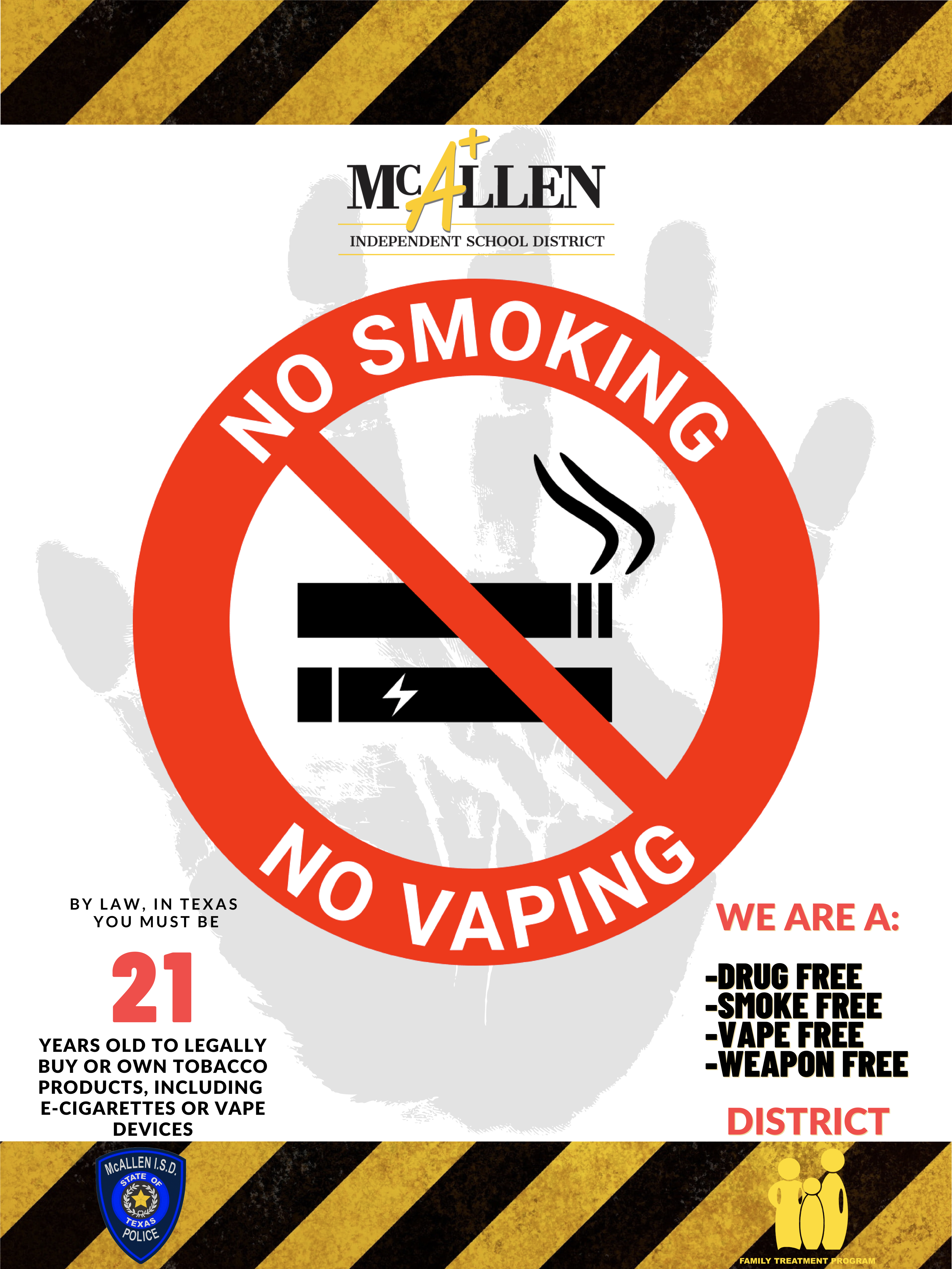The different types of mental illness
Causes
Risk factors
Diagnosis
Treatment
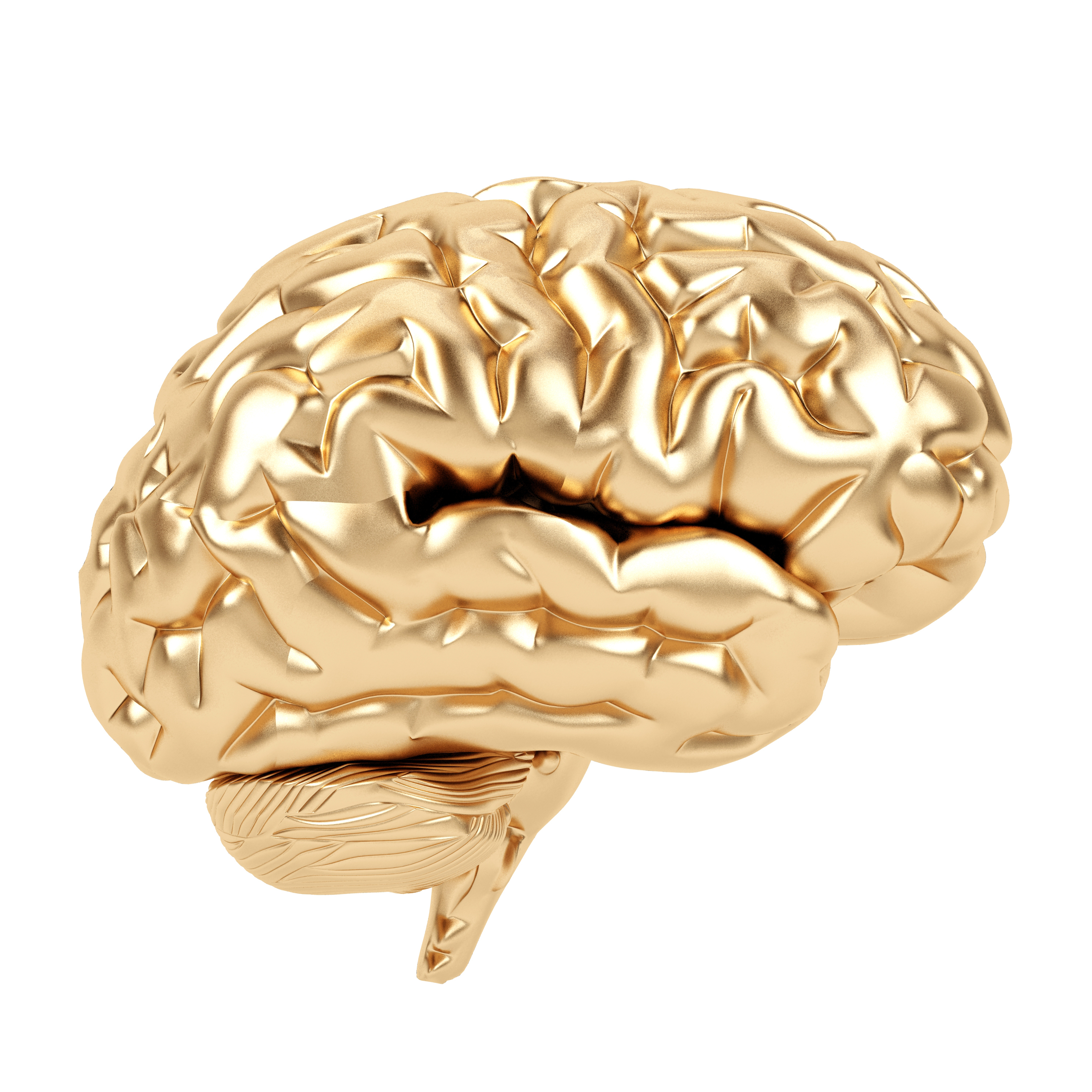
MENTAL HEALTH DISORDERS

HOW TO COPE WITH TRAUMA
After a traumatic event, it is normal to feel anxious about your safety and security. Even if you were not directly involved, you may worry about whether this type of event may someday affect you.
Talk to a trusted adult about how you feel
Add in more self-care when you’re ready
Do things to create calm and peacefulness
Practice compassion for yourself and others
Find a support system
Talk to your school counselor
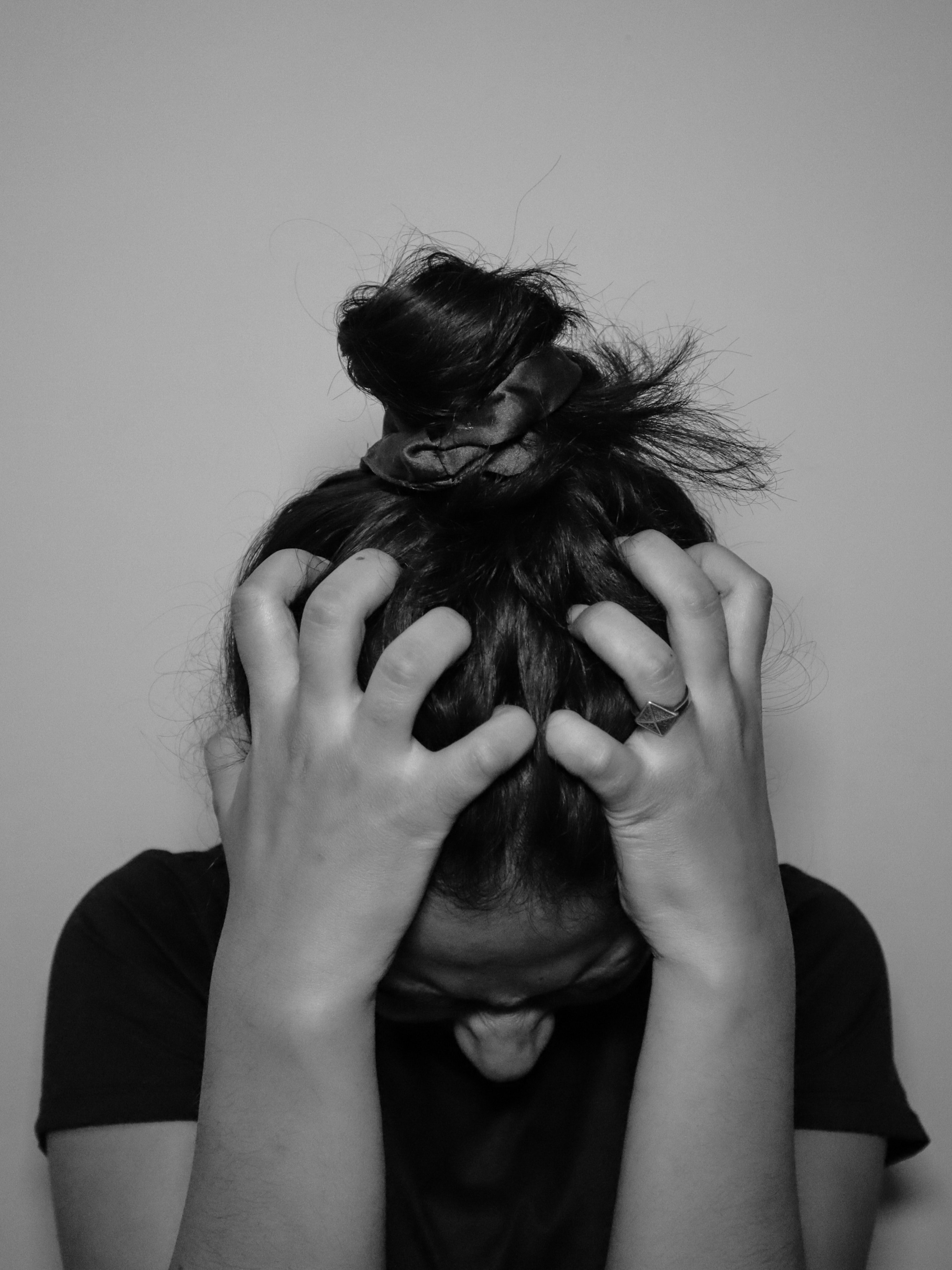
HOW TO COPE WITH ANGER
Count to 10
Walk away from the situation
Breathe slowly and deeply
Clench and unclench their fists to ease tension
Go to a place to calm down
Talk to a trusted person

WHEN TO ASK FOR HELP?
Most mental illnesses don't improve on their own, and if untreated, a mental illness may get worse over time and cause serious problems. If you or anyone you know shows any Warning signs and Symptoms know that help is only a phone call away.
CALL OR TEXT 988
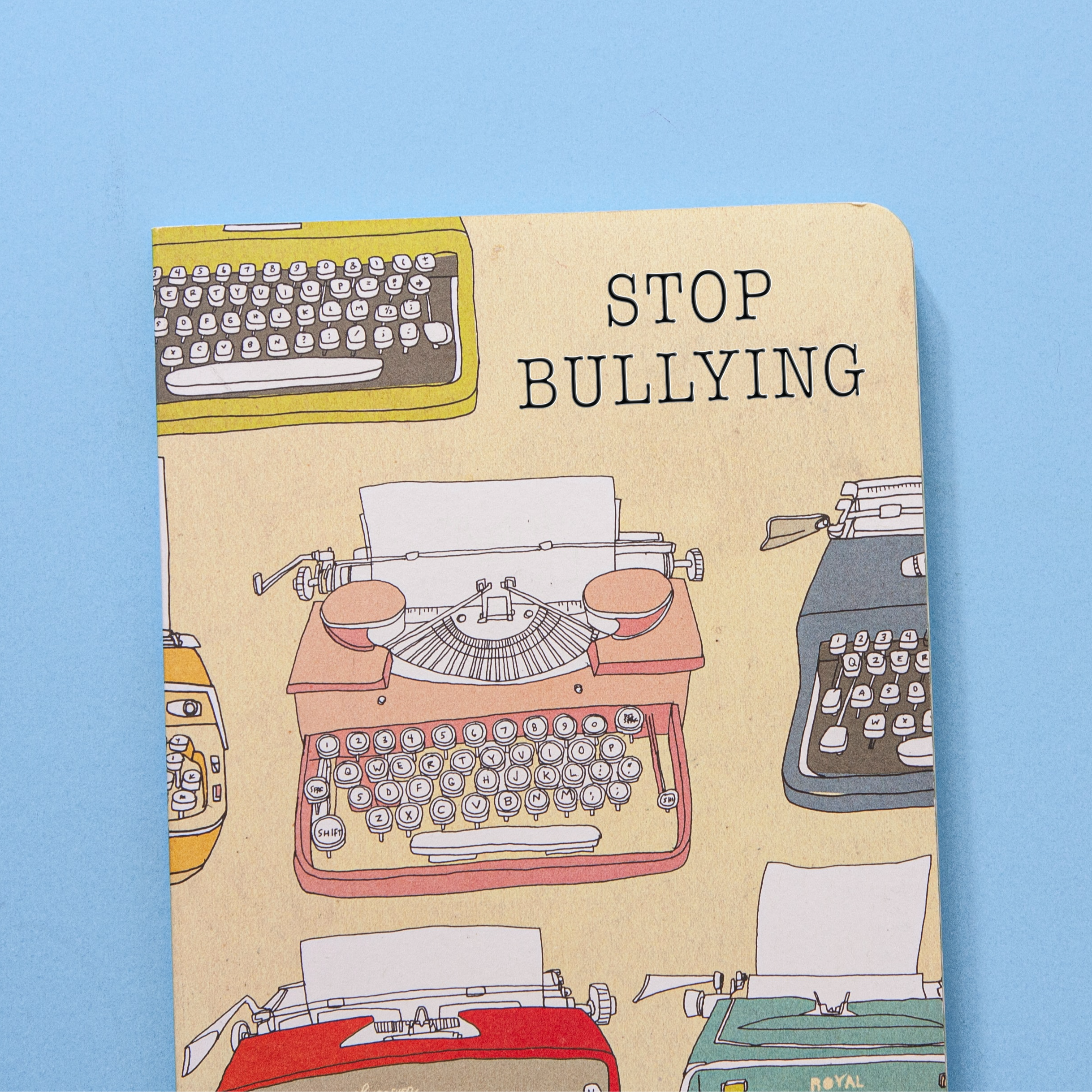
STOP BULLYING
Bullying is defined as unwanted, aggressive behavior among schoolaged children that involves a real or perceived imbalance of power. The behavior is repeated, or has the potential to be repeated, over time.or more information regarding our programs please talk to your school Counselor.
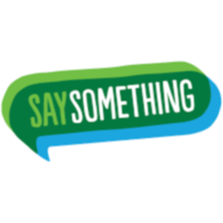
SAY SOMETHING
A Reporting System to submit secure, anonymous safety concerns to help someone who may hurt themselves or others.
What Should You Report?
You can help save lives by reporting observed threats, behaviors, actions, and harassment. Here are examples of some of the most common behaviors and incidents to report:
Acts of violence, with or without weapons
Verbal or physical abuse, assault or harassment
Sexual abuse, assault or harassment
Threats seen on social media
Bullying, fighting, harassment or intimidating behaviors
Bragging about weapons or a planned attack
Depression, anxiety or loss of self-control
Hopelessness, excessive guilt or worthlessness
Reckless behavior, theft and petty crimes
Social isolation or withdrawal
Substance or alcohol abuse
Suicide threats, cutting or other self-harm
Any other troubling situation or behavior

A ROAD TO RECOVERY
Addressing mental health symptoms early is critically important for overall health.
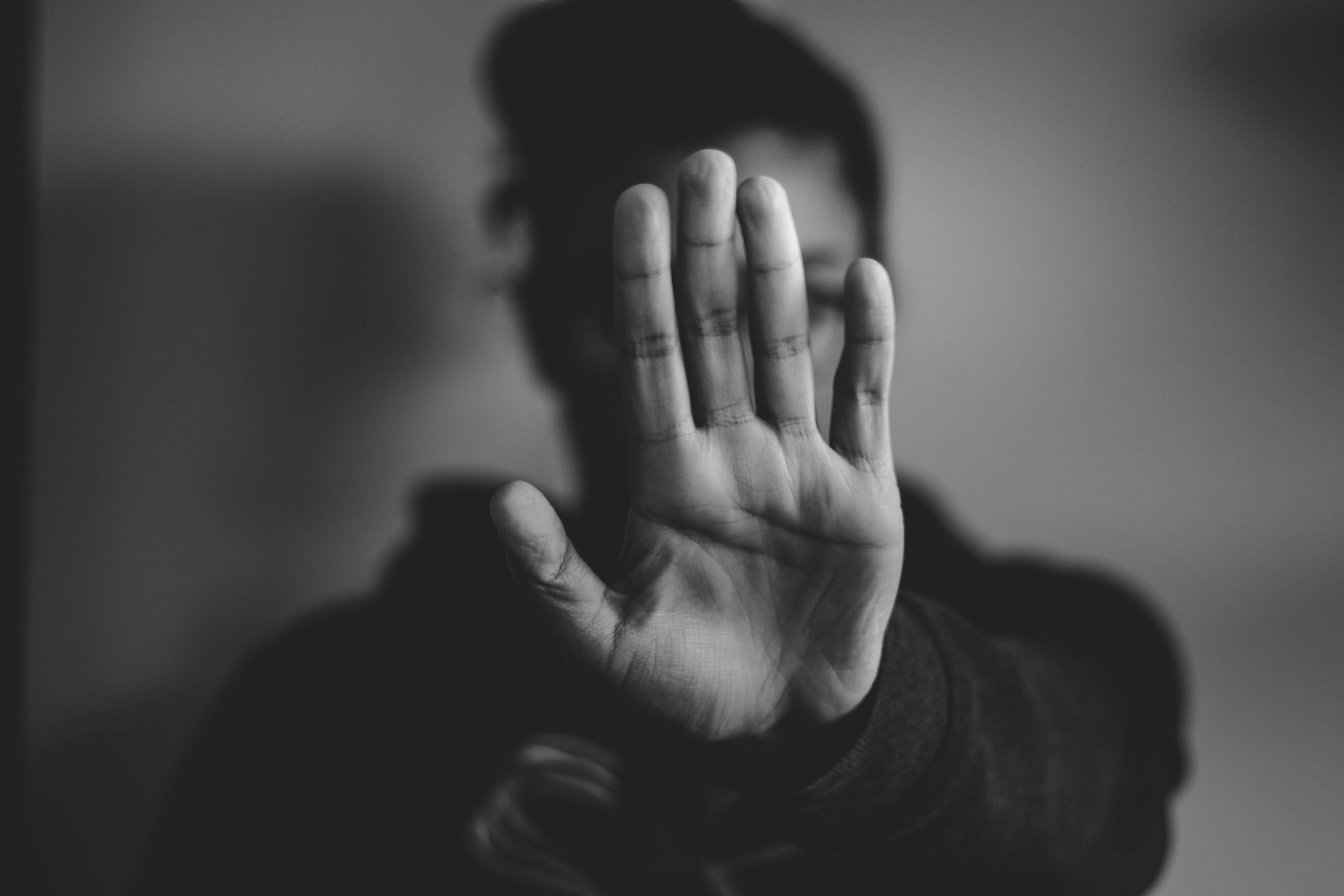
VIOLENCE PREVENTION
About half 44% of teens experienced at least one type of violence.
At least 16 health conditions and risky behaviors are related to experiencing violence.
For more information on FTP services please contact your school Counselor.
COPING SKILLS
EMOTIONAL WELL BEING
WHAT IS SELF-CARE
